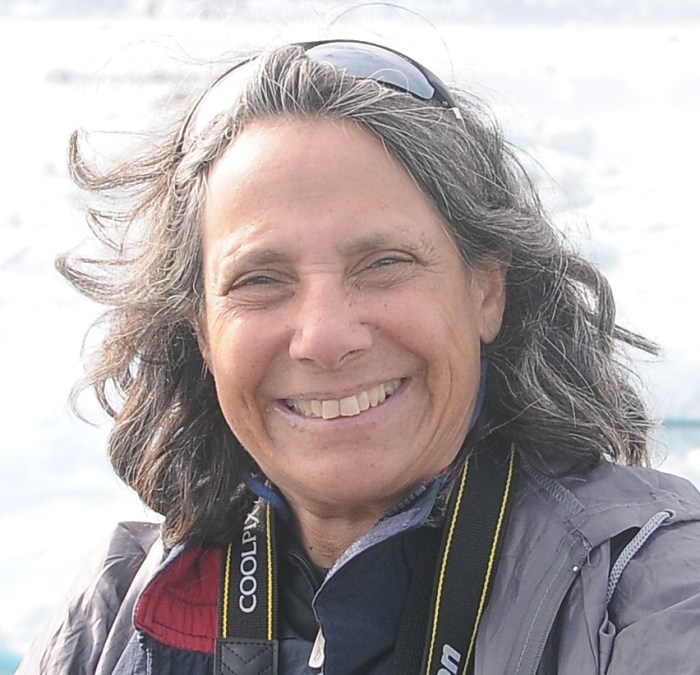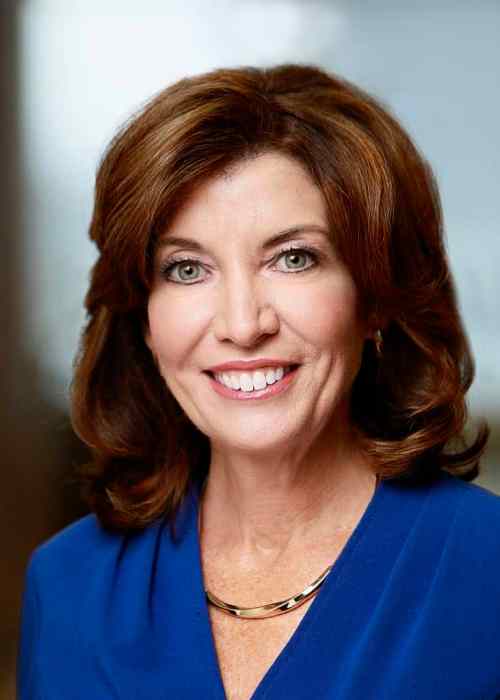
By Rabbi Chanan Krivisky
On the threshold of the Jewish New Year, every one of us, man and woman, pauses to draw up a balance sheet of one’s record in the past year. We resolve to better ourselves and pray for a happy year, materially and spiritually.
Our sages say that giving Tzedakah (charity) or even better, performing acts of righteousness, to the needy opens the way for our prayers to bring us good health, prosperity and happiness.
Human beings possess a body and a soul. Just as there is material poverty (in food, clothing and shelter), so there is spiritual poverty, where the deficiency is in spiritual things: knowledge of the Torah, the observance of the Mitzvahs and the practice of good deeds.
Said our sages: “How are we to understand the words of the prophet, ‘When you see a poor man, clothe him?’” Surely, also in this sense: “When you see a man lacking in the knowledge of the Torah, take him in to your house, teach him the Shema Yisrael prayer, encourage him to fulfill the Mitzvahs, teach him Torah, etc.”
When we are about to appear before the Supreme Judge on Rosh Hashanah, we must take stock, each one according to his own measure—the possibilities and opportunities one has—as to how well we have practiced, both material and spiritual deeds of charity and kindness.
Even as the poorest among the poor has opportunities to practice acts of kindness towards his fellows, so has the spiritually poor man opportunities to benefit others through exercising good influence upon his friends and neighbors in the observance of the Torah and Mitzvahs.
When the Rebbe, Rabbi Menachem Mendel Schneerson, sent his first Chabad emissaries to Morocco, they asked him where should they begin building and servicing the Jewish community. The Rebbe instructed them to ask the people in the community what they need. The implication being they will surely need help in Torah and Mitzvahs, but through both material and spiritual strengthening.
Naturally, the materially wealthy and spiritually rich (the spiritual leaders, Torah scholars, etc.), must be lavish in their acts of Tzedakah, in money and time, on behalf of their brothers and sisters, who are less fortunate than they, to save them, heal them and strengthen them, each body and soul.
This is how we can really live lavishly—by both giving and receiving, both materially and spiritually—and thereby living meaningful, rewarding holistic lives through ensuring those around us are as well.
As a rabbi of a truly “startup” community-based Jewish organization, MiYaD, this a balance I strive to achieve in my own life and encourage in others. The famous adage of Anne Frank, who quotes Maimonides saying, “No one has ever become poor by giving,” is a constant source of inspiration to live by.
May our Merciful Father in heaven inscribe every one of us all unto a good and happy year, materially and spiritually, and bring us the true redemption through our righteous Messiah, speedily in our time. Amen.





























